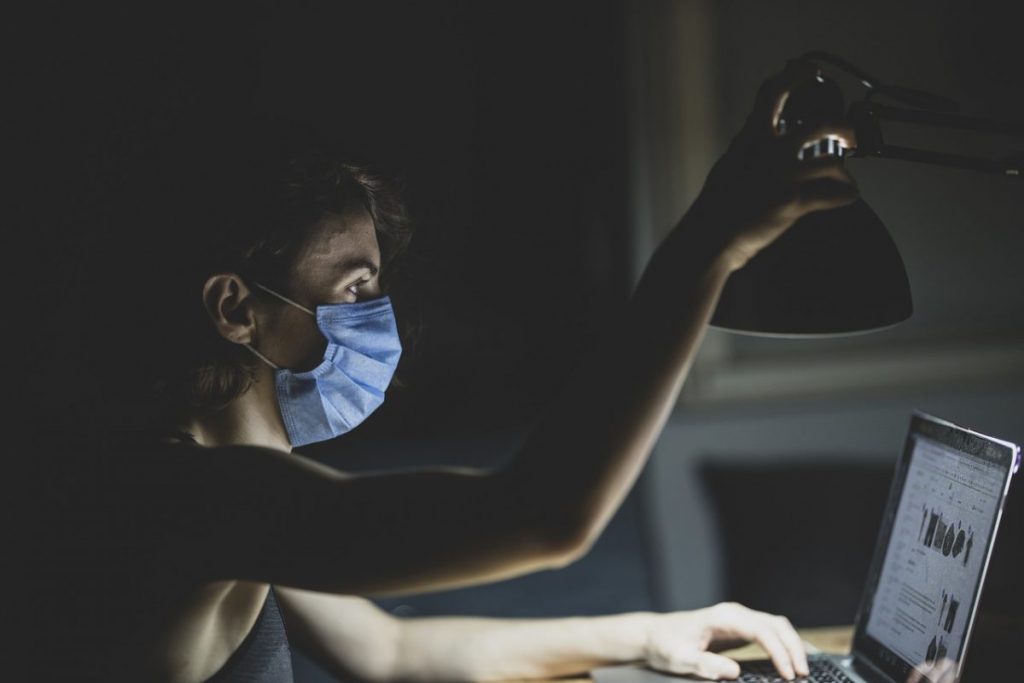
Much of the government relief provided to small businesses was keyed toward their employees. They could qualify for the SBA’s EIDL grant of $1,000 per employee (up to a max of $10,000). They could claim a tax credit for keeping employees on the payroll (“employee retention credit”). And employees could avail themselves of a number of breaks, including regular and extra unemployment benefits, paid sick leave, and paid family and medical leave (paid via the employers’ employment tax credits).
But what about self-employed individuals—independent contractors, freelancers, and gig workers—who work alone, without any employees? What breaks do these self-employed individuals qualify for?
Various relief is available. Here’s a roundup.
[Related: Coronavirus Crisis Coverage from The Story Exchange]
1. Financial Assistance
Self-employed individuals are eligible to request PPP loans, EIDL loans, and direct payments to “shuttered venue operators,” such as talent agents representing live performers. Because self-employed individuals do not receive salaries, special rules determine their “payroll costs” for these programs (“lost 1099 income”). Essentially, the amount of net earnings from self-employment is capped at $100,000.
Self-employed individuals can apply for PPP loans, round 2 PPP loans, EIDLs, and direct payments to “shuttered venue operators.” Nav has guidance for self-employed individuals on applying for these programs now.
2. Tax Credits Equivalent to Employer Credits for Paid Sick Leave and Paid Family Leave
Small employers were required to provide paid sick leave and paid family leave to employees impacted by COVID-19 (e.g., being ill from it; having to care for a child whose school or daycare center was closed because of the pandemic). Employers paid for these employee benefits through employment tax credits. These credits are extended through March 31, 2021.
[Related: What Does Furlough Mean?]
Self-employed individuals impacted by the pandemic like employees are eligible for income tax credits equivalent to the employment tax credits of employers. The credit is based on average daily self-employment income from net earnings for the period. For 2020, this can be determined by dividing annual net earnings by 260. You can elect to use your average daily self-employment income from 2019 in figuring your 2020 credit amounts. Their credits can also run through March 31, 2021, which should be factored into estimated taxes for 2021.
The credit for self-employed individuals is figured on new Form 7202. You can find more information in IRS FAQs (#60-#68), including how to figure the credit if a person also received employee benefits through a job and guidance on the documentation establishing eligibility for the credits that must be maintained.
3. Pandemic Unemployment Assistance (PUA)
By definition, self-employed individuals are not employees and do not qualify for unemployment (they aren’t employed so they can become unemployed). However, Congress created some assistance to self-employed individuals who find themselves unable to work because of the pandemic. The federal assistance is administered through state unemployment programs.
- Original PUA. This was a weekly payment up to $600 that ran for 24 weeks. This program ended in July.
- New PUA. This is an additional weekly payment of up to $300 for up to 11 weeks. The second round of assistance runs to March 14, 2021.
Remember that PUA payments are taxable income. This should be factored into estimated tax payments for the year.
Final Thought
As of March 2020, there were 24.8 million small businesses with no employees. This means most owners are self-employed and work alone. How many are still in business now? Who knows? But if self-employed individuals are going to continue, government help is needed for many of them.
Barbara Weltman is the founder of Big Ideas for Small Business, Inc., which publishes Idea of the Day. She is the author of J.K. Lasser’s Small Business Taxes 2020 and other books that inform the small business community of tax, financial, and legal information they should know about.
[Related: Women Business Owners More Pessimistic Than Men About Pandemic Impact]

